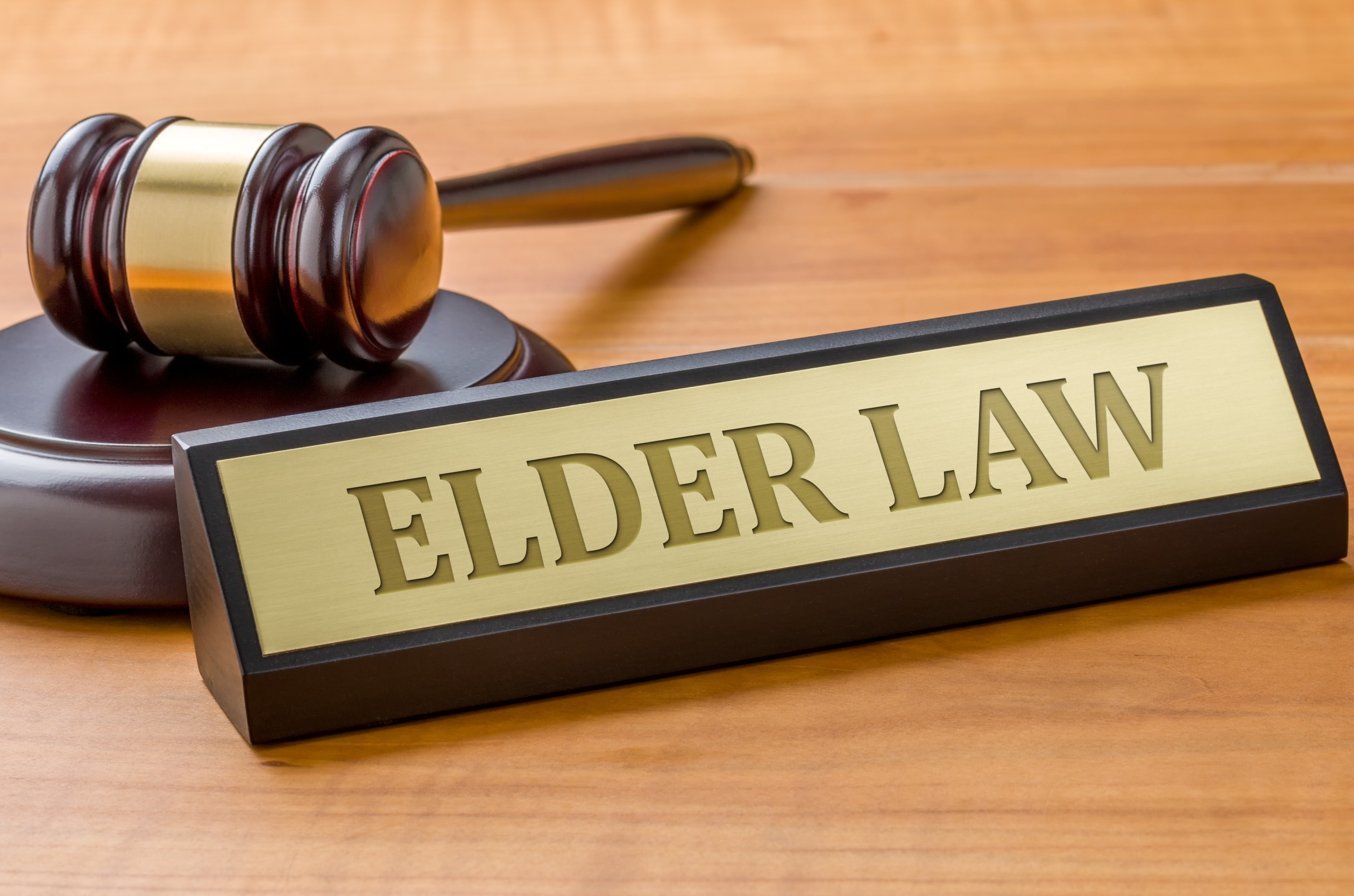Navigating the complexities of elder law can be daunting without the right guidance. That’s why many turn to the top elder law attorneys to help demystify the process. These legal professionals have the experience and expertise to answer your most pressing questions. Whether it’s about estate planning, long-term care, or retirement benefits, PA elder law attorneys are equipped to provide the necessary support. In this blog post, we’re going to explore 10 frequently asked questions addressed to elder law attorneys.
What Are the Common Areas of Elder Law Practice That Attorneys Specialize In?
Elder law attorneys typically specialize in several common areas to address the myriad of legal issues that aging individuals may encounter. Notably, an elder care attorney in Johnstown might provide legal services in the following areas:
- Estate Planning: This involves drafting wills, setting up trusts, and managing estate taxes and probate processes.
- Healthcare planning: In this capacity, elder law attorneys help clients navigate health insurance complexities, including Medicare and Medicaid, long-term care planning, and healthcare power of attorney.
- Guardianship: Should an elder person become incapacitated, attorneys can assist with establishing legal guardianship or conservatorship to ensure they are well taken care of.
- Elder Rights: This includes protection against elder abuse and neglect, age discrimination, and other civil rights issues.
- Retirement and Social Security Benefits: Elder law attorneys can aid in understanding and securing retirement benefits, social security benefits, and dealing with pension concerns.
Relying on an elder care attorney in Johnstown will ensure that your specific needs are addressed with expertise and care, considering the unique legal aspects associated with aging.
How Can an Elder Law Attorney Help Me Plan For My Retirement?
An elder law attorney can be instrumental in planning for your retirement in several ways:
- Asset Protection: They can offer advice on asset protection strategies to safeguard your savings and property from potential future creditors or lawsuits.
- Retirement Benefit Advice: Attorneys can provide guidance on maximizing your retirement benefits, helping you understand the intricacies of pensions, 401(k) plans, and social security benefits.
- Estate Planning: Proper estate planning with an attorney can ensure your assets are distributed as per your wishes after your demise, minimizing potential family conflicts and legal complications.
- Medicaid Planning: They can guide you through the Medicaid application process, helping to ensure you can afford any necessary long-term care.
- Long-Term Care Planning: An elder law attorney can help you plan for possible long-term care needs, including exploring insurance options and setting up a healthcare power of attorney.
These services can provide peace of mind, knowing that your retirement and future are well planned for.
What Is the Process of Creating a Will?
Creating a will involves several critical steps, and doing it with the help of an elder law attorney ensures its legal validity. Here are the general steps involved:
- Decide What to Include in Your Will: Determine which assets you wish to distribute and to whom. This can include property, investments, valuable possessions, and even digital assets.
- Choose Your Beneficiaries: Determine who will inherit your assets. These can be individuals, organizations, or charities.
- Select an Executor: The executor is the person responsible for carrying out the terms of your will after your death. This should be a trusted person who is capable of handling the task.
- Name Guardians: If you have minor children, it’s important to name a guardian in your will to take care of them if you are unable to.
- Draft the Will: With the help of an elder law attorney, draft your will including all your decisions made in the previous steps.
- Sign Your Will: Your will must be signed in the presence of two witnesses, who must also sign the document.
- Store Your Will: Keep your will in a secure and accessible location and let your executor know where it is.
Remember, it’s not a one-time process. You should review and update your will regularly, especially after major life events like marriage, divorce, the birth of a child, or a significant change in financial status.
What Kinds of Legal Documents or Agreements Should I Create to Protect My Assets and Loved Ones?
To protect your assets and loved ones, an estate planning attorney in Johnstown may recommend creating the following legal documents:
- Will: A legal document that details how you want your assets distributed after your death.
- Living Will: Stipulates your wishes for medical treatment in case you are unable to communicate your decisions.
- Power of Attorney: Grants a trusted individual the authority to handle your finances or make healthcare decisions on your behalf if you become unable to do so.
- Trusts: These are legal arrangements that allow a third party to hold and manage assets on behalf of beneficiaries. Trusts can help avoid probate, provide tax benefits, and protect your assets from creditors.
- Beneficiary Designations: These are used to name who will receive assets from retirement plans, insurance policies, and other accounts after your death.
- Guardianship Designations: If you have minor children, it’s crucial to appoint a legal guardian in your will to care for them if you are unable to do so.
- Healthcare Surrogacy: Allows you to appoint a person to make healthcare decisions for you if you are unable to do so yourself.
- Letter of Intent: A document left to your executor or a loved one that outlines what you want done with a particular asset or specifies other personal wishes that may not be covered in your will or trust.
How Can an Elder Law Attorney Help Me Qualify for Medicaid Benefits?
Qualifying for Medicaid benefits can be a complex process. However, a Medicaid crisis planning lawyer can ease this process and improve your chances of qualifying. Here’s how:
- Understanding Medicaid Rules: These lawyers are well-versed in the nuances of Medicaid rules and their latest updates. They can explain these in layman’s terms, helping you understand your rights and obligations.
- Assessing Your Financial Situation: They can conduct a thorough review of your financial situation, identifying assets that might affect your eligibility and advising you on how to best manage them.
- Medicaid Crisis Planning: In the event of an unexpected health crisis requiring long-term care, a Medicaid crisis planning lawyer can guide you in making quick yet strategic decisions to preserve your assets while still qualifying for Medicaid.
- Application Assistance: They can help you gather necessary documentation, complete your application accurately, and submit it within the deadlines. If needed, they can represent you in any follow-up communication with Medicaid officials.
- Trust Planning: To protect your assets and still qualify for Medicaid, these lawyers can assist you in setting up trusts that align with Medicaid’s rules.
- Appealing Denials: If your Medicaid application is denied, a Medicaid crisis planning lawyer can help you appeal the decision, presenting a robust case on your behalf.
Engaging a Medicaid crisis planning lawyer can make the path to qualifying for Medicaid benefits less daunting.
About Us
The Hill Group can be your one-stop shop if you need premium services associated with several practice areas, including estate planning, Medicaid planning, special needs planning, estate administration, and elder law. We work for you, with you.
To know more, call us at (814) 245-3832, or send us a message via our contact form.





Leave A Comment
You must be logged in to post a comment.